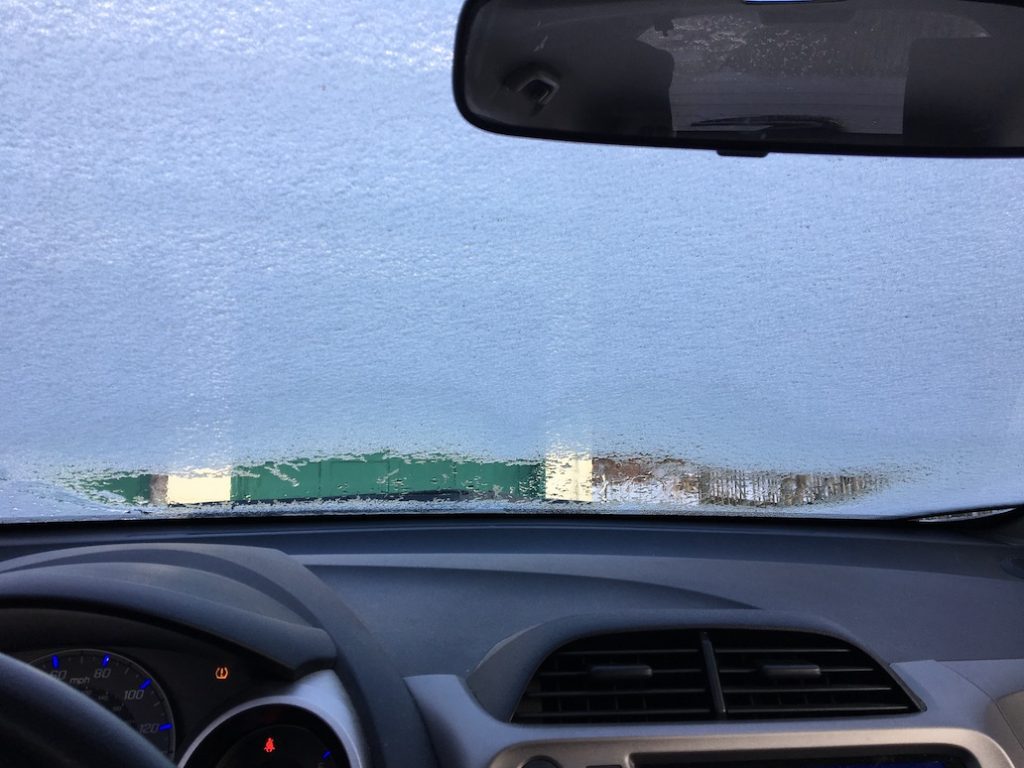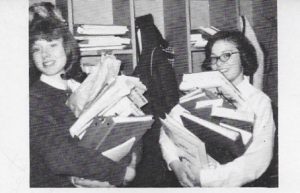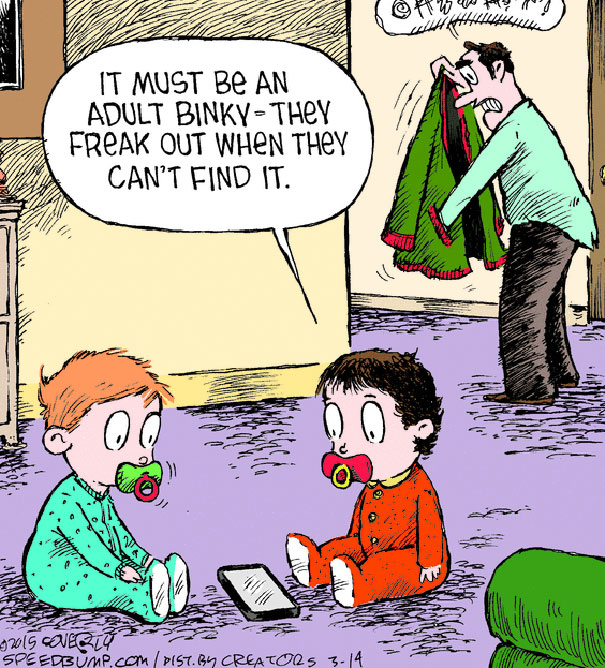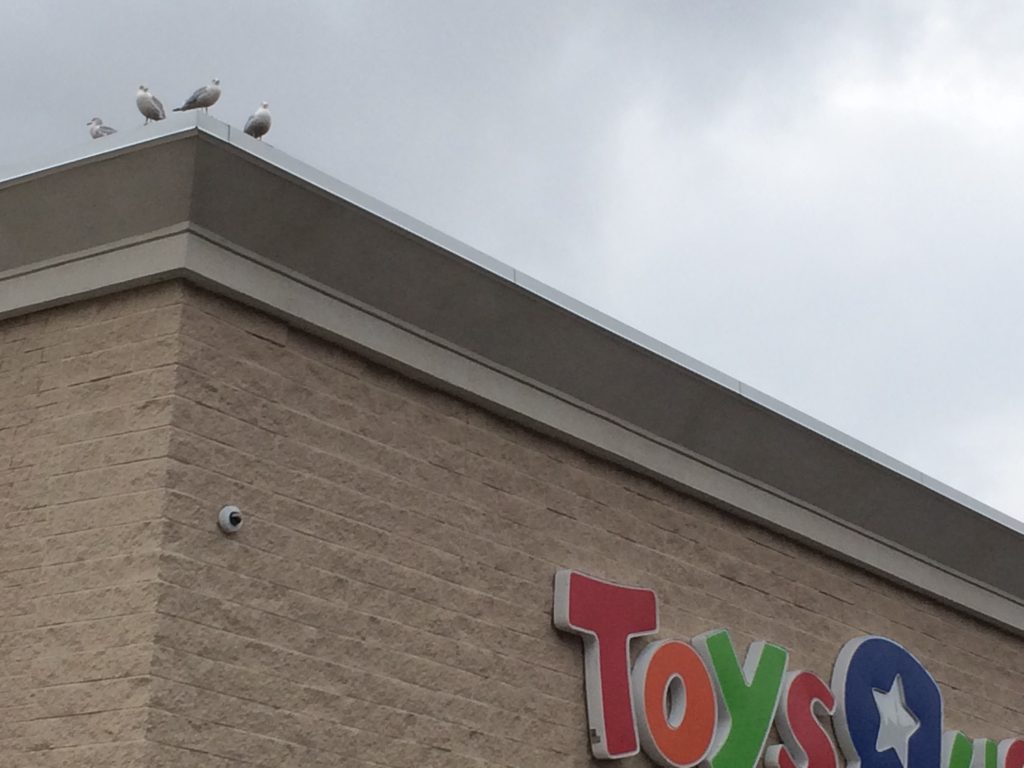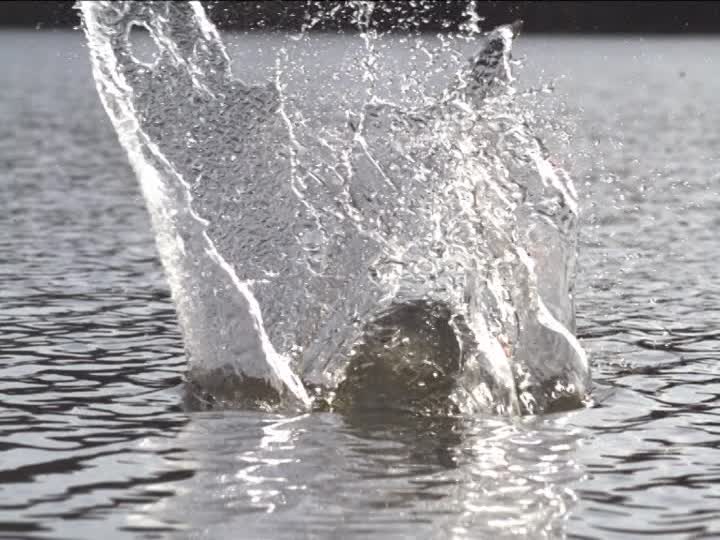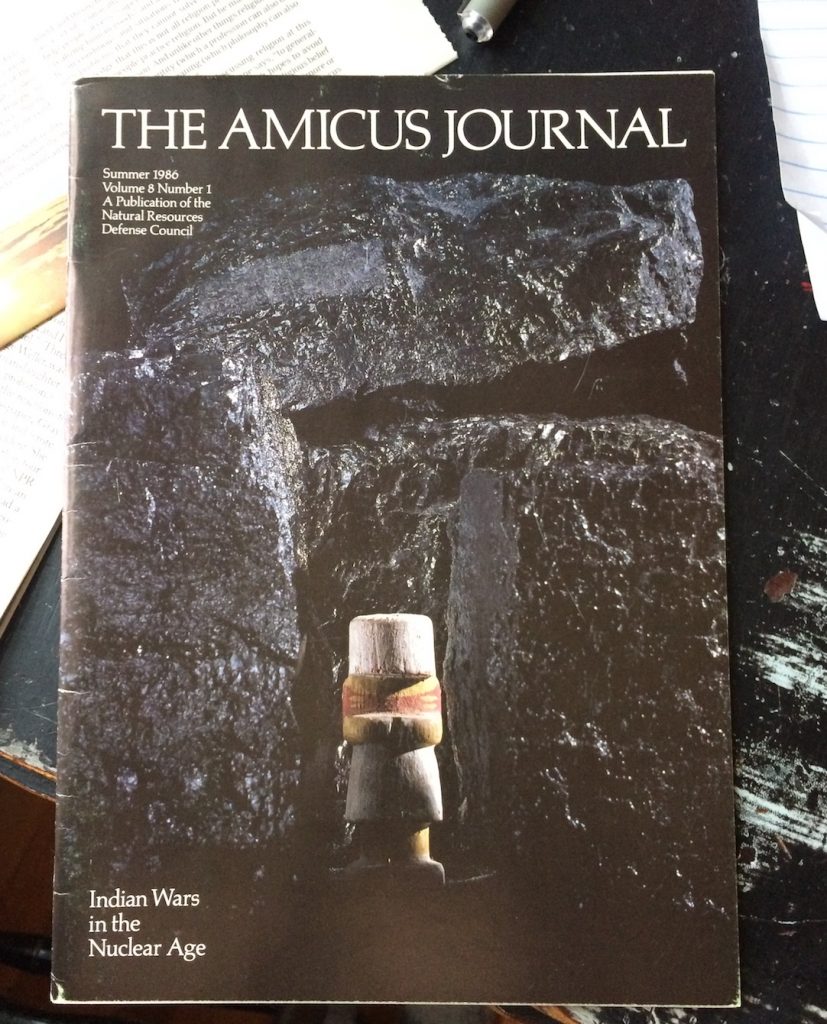
I had a wonderful conversation on Saturday. A woman from Puerto Rico contacted me. Her niece in the U.S. had sent her an article I wrote, “The Beauty of Broken Places,” that’s in the current issue of Rowe Center’s magazine, Center Post. In the article I talk about the importance of facing the dark places in ourselves and the places we love and making beauty for them.
Maria, a 79-year-old woman living in the mountains of Puerto Rico, contacted me and invited me to come visit her, meet the people, write, and make beauty for that very wounded place. Maria is full of life, vigor, and, in her words, the spirit of a “warrior.” We had a long conversation about beauty, sorrow, toughness, and what’s happening in her country.
I loved how she saw the two of us as kindred spirits and simply reached out into the unknown to get in touch.
It reminded me of a time I did that that had a major impact on my life.
After my first essay was published in 1985, I sent a copy of it to Peter Matthiessen, whose writing I loved. He wrote me a nice postcard in response. A few months later, I attended a talk he gave in New York about Leonard Peltier and other serious and ongoing American Indian issues, including a land dispute that was forcing thousands of traditional Navajos off land both they and the Hopi considered sacred. After the lecture, my husband insisted I go up and introduce myself to Matthiessen. I was reluctant, since there was a long line weaving its way up to his famous presence, and I felt like I’d be just a nuisance. But Andy sat back down in his chair and said, “I’ll wait.”
So I joined the snaking line, and when I reached Matthiessen, I said, “My name is Trebbe Johnson, and—”
“Oh, yes,” he said. “You know, you should go out to Arizona and write about that Navajo-Hopi issue. You’d like the people, and you could wrap your kind of writing around it.”
That was all I needed—a mandate from Peter Matthiessen. Two weeks later I was in Navajo-Hopi country. After that first trip, I wrote Matthiessen a long letter about my findings. Coincidentally, the editor of Amicus Journal had just asked him to write an update on the issue, and he suggested that I do it That was the first trip and the first article (photo above) of many I’d undertake over the next five years.
So the message is… it’s always a good idea to go somewhere you’re drawn to go, even if you think you couldn’t possibly be welcomed there. You just never know.
